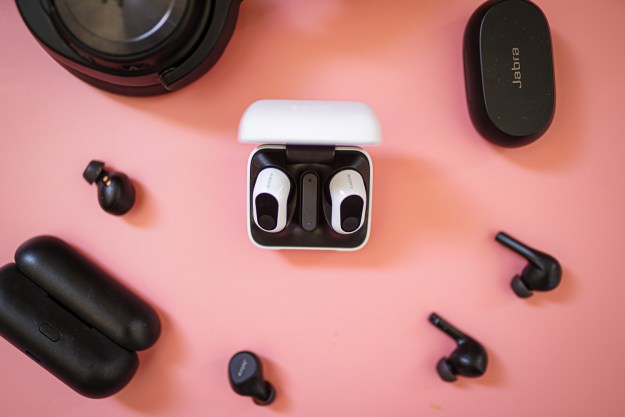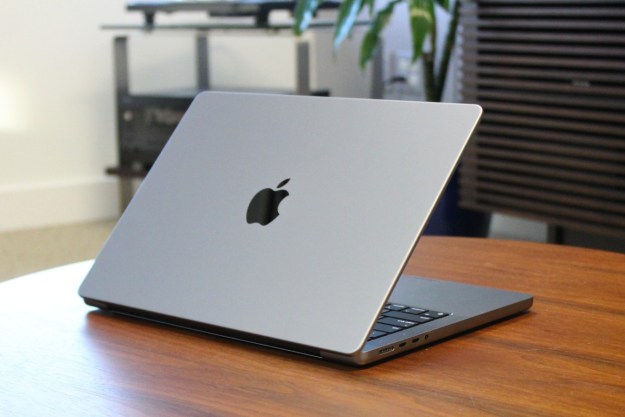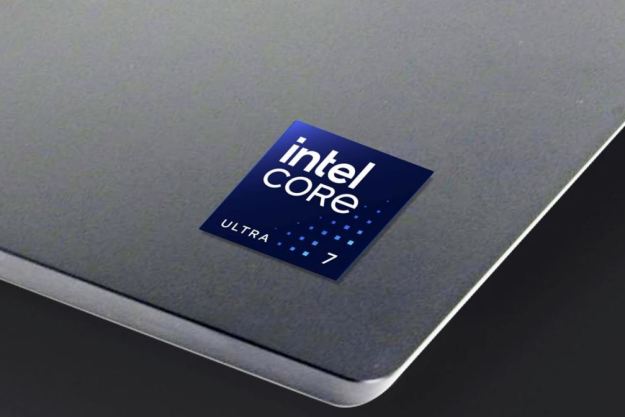In conjunction with the U.S. Consumer Product Safety Commission, Sony has issued a recall for some 340,000 notebook computer batteries in the United States, including batteries manufactured by Sony and sold with notebook computers made by Fujitsu, Toshiba, and (for the first time) Gateway. The recall is addition to previous massive recalls of Sony-made batteries in notebook computers sold by Dell and Apple Computer (which were also announced in conjunction with the CPSC) as well as recalls from computer makers Lenovo, Hitachi, Panasonic, and Sharp…as well as Sony’s own computers.
The U.S. recall announced today covers a wide range of notebook computer models sold between September 2004 and this very month, October 2006: notebook users are best advised to check with the manufacturers of their particular computer for details on identifying whether their batteries are part of the recall and making arrangements for replacements. Batteries impacted by the recall will be replaced free of charge. Both Sony and the CPSC recommend consumers should stop using the affected batteries immediately (and drive their notebooks using AC power) until replacements arrive.
According to the CPSC, to date there have been 16 reports of notebook computer batteries overheating, leading to minor property damage and two minor burns. Sony blames the fault on small metal particles in the battery units, which can cause a short circuit.
The Sony recall announced today applied to 340,000 batteries sold in the U.S., but also to nearly 3.1 million additional batteries sold worldwide. The battery recall has hit Sony hard—and was one factor leading the company’s recently rolling back its yearly earnings forecast—but the company said today that it has no plans to shut down or scale back its battery operations. This is probably good news for computer makers; although some are mulling legal action against Sony for costs of the recall and damage to their brand names caused by the fracas, Sony is one of the largest battery makers on the planet, second only to Sanyo Electronics. If Sony were to cease manufacturing lithium-ion batteries for notebooks and other electronic devices, scarcity would make those devices harder to find and, of course, much more expensive.
Editors' Recommendations
- How to check your laptop battery health
- How to show the battery percentage of your Mac
- How to recall an email in Outlook on Windows and Mac
- How to recall an email in Gmail on mobile and desktop
- The 5 best laptops for battery life in 2024


